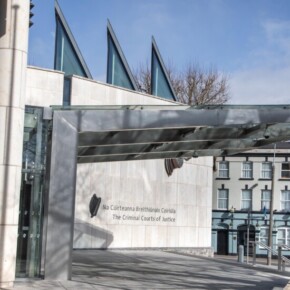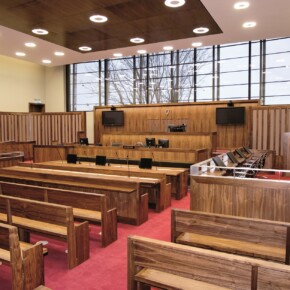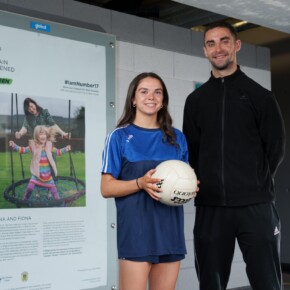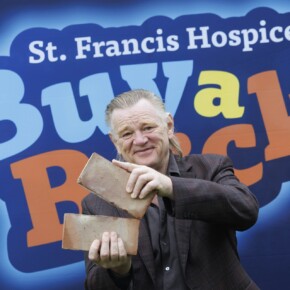DCU set for world-first project with AI e-scooters
Padraig Conlon 15 Apr 2021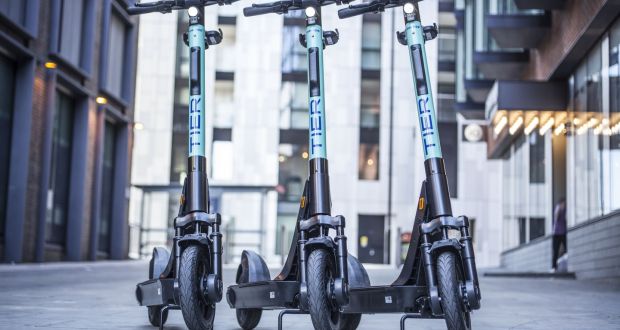
Dublin City University is set to roll out 30 artificial intelligence equipped e-scooters for use by staff and campus companies as part of a research pilot project.
As well as being a world first academic-industry research project focused on computer vision in scooters, the pilot will also be Ireland’s first major structured e-scooter trial.
The purpose of the research project is to simultaneously improve e-scooter safety and to explore the Smart City possibilities associated with computer vision equipped micromobility vehicles.
With the Government yet to legalise e-scooters on our roads, the trial will take place on DCU campuses only until such time as legislation regulating electric scooter usage is signed into law.
Four organisations are involved in the project – Europe’s largest e-scooter operator Tier, Irish micromobility tech platform Luna, the Insight SFI Research Centre For Data Analytics and Smart DCU.
The collaboration will start immediately on individual DCU campuses.
As part of the project, TIER and Luna will provide a fleet of 30 computer vision-enabled scooters, allowing DCU-based Insight researchers to explore a rich new source of smart city data.
Equipped with the Luna technology, the TIER scooters will be immediately capable of running pedestrian detection and lane segmentation algorithms, allowing the vehicles to understand how many people are in their path, as well as whether they are on the road, a cycle lane, or footpath.
The vision data generated by the fleet will be analysed by DCU-based Insight researchers, with a view to identifying smart city use cases and applications of value to local authorities, in line with the mission of Smart Dublin.
It is envisaged that some of the use cases that could be prototyped during the pilot, include traffic congestion alerts, road condition monitoring, street infrastructure mapping, kerbside management applications, as well as heat mapping of footpath riding incidents as an indicator of problematic junctions or inadequate cycling infrastructure.
Andrew Fleury, co-Founder and CEO at Luna, said:
“This research project will help shape the future regarding the safety and municipal value of electric scooters, not just in Dublin and Ireland, but globally.
“The project will also enable the further development of Dublin as a smart city.”
“This research is a great example of the calibre of ground-breaking innovations that are happening across DCU,” said Dr Declan Rafferty, the university’s COO.
“Luna was founded in our Alpha Innovation Campus and we’re delighted to pilot the technology across our campuses.
“We are genuinely curious to understand how e-scooters can help drive modal shift across our community of 18,000 students and almost 2,000 staff, and we want to work with Dublin and Ireland stakeholders to disseminate all useful learnings from the pilot as we prepare for a return to campus and a wider return to work in a post-Covid world.”
Earlier this year Fingal County Council issued a request for information from the market and the public to voice their opinions on e-scooters and e-bikes.


